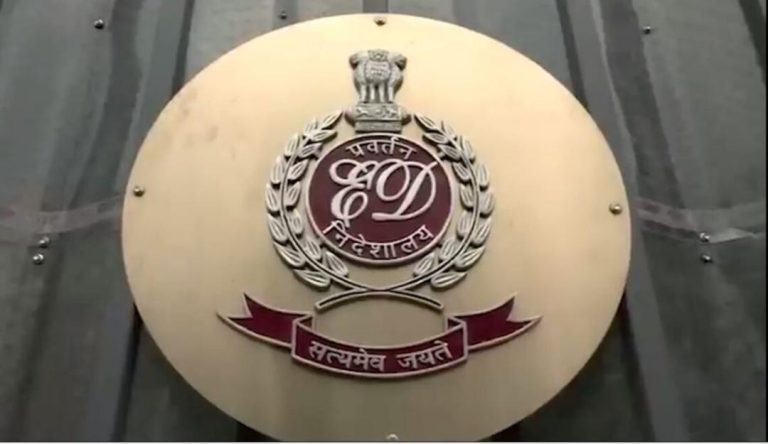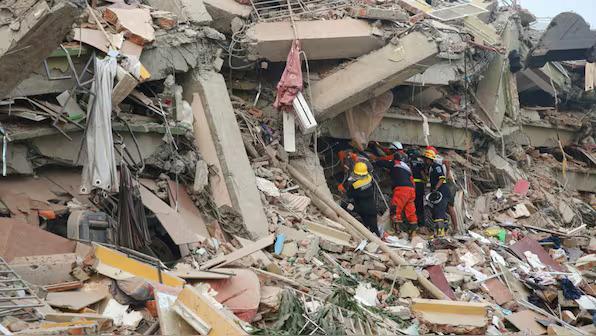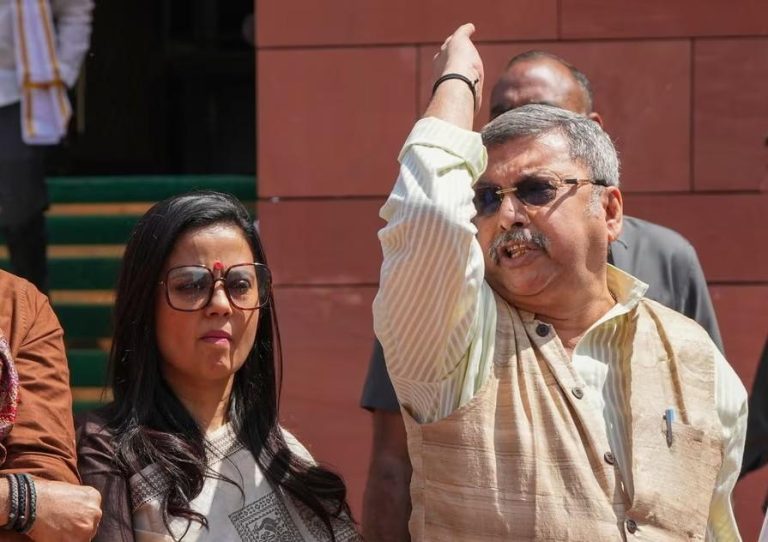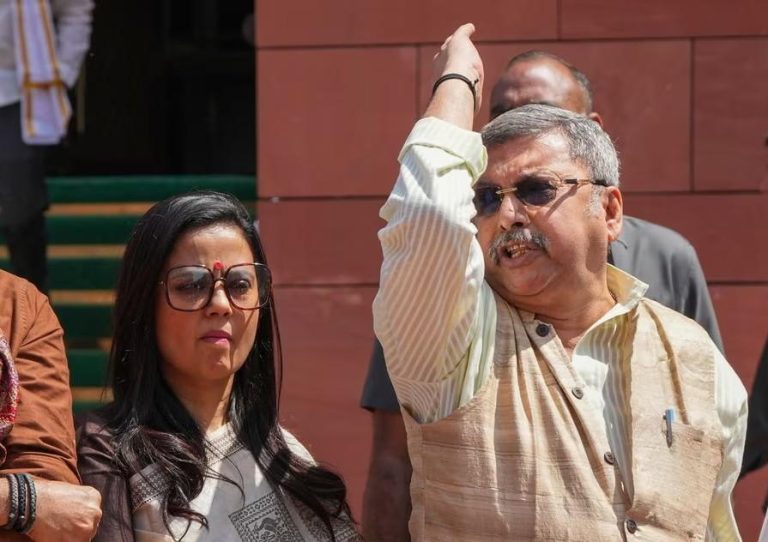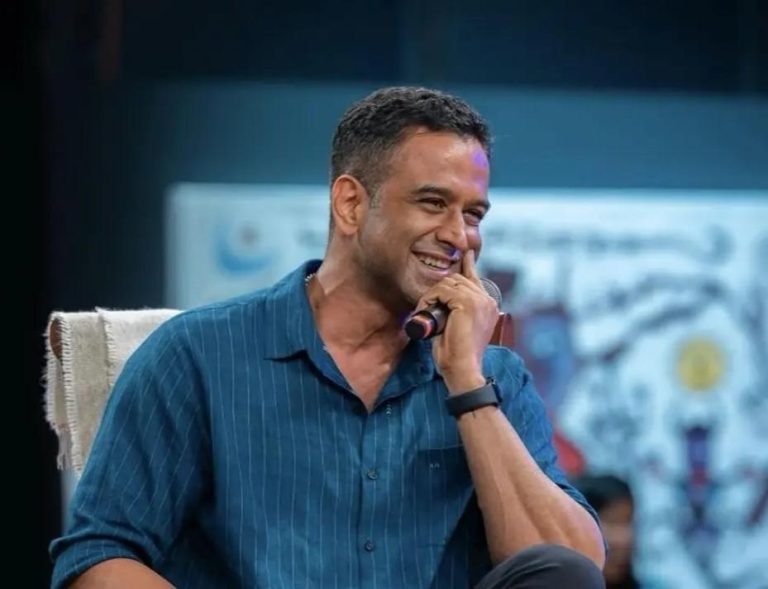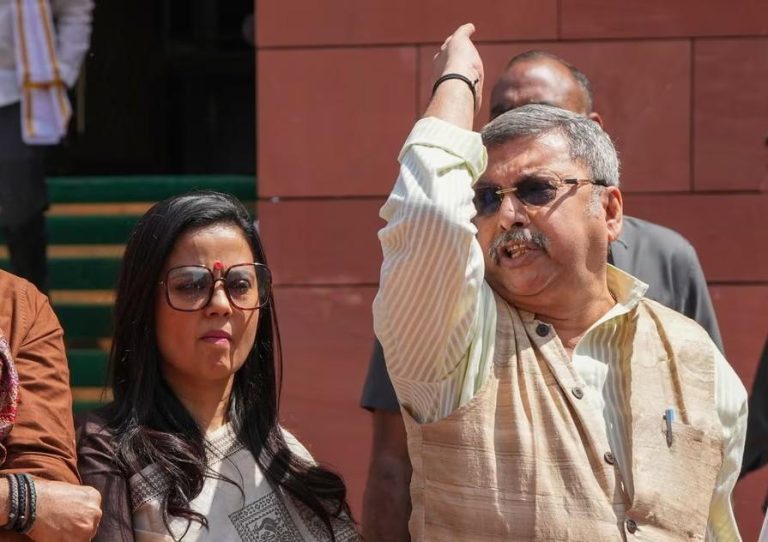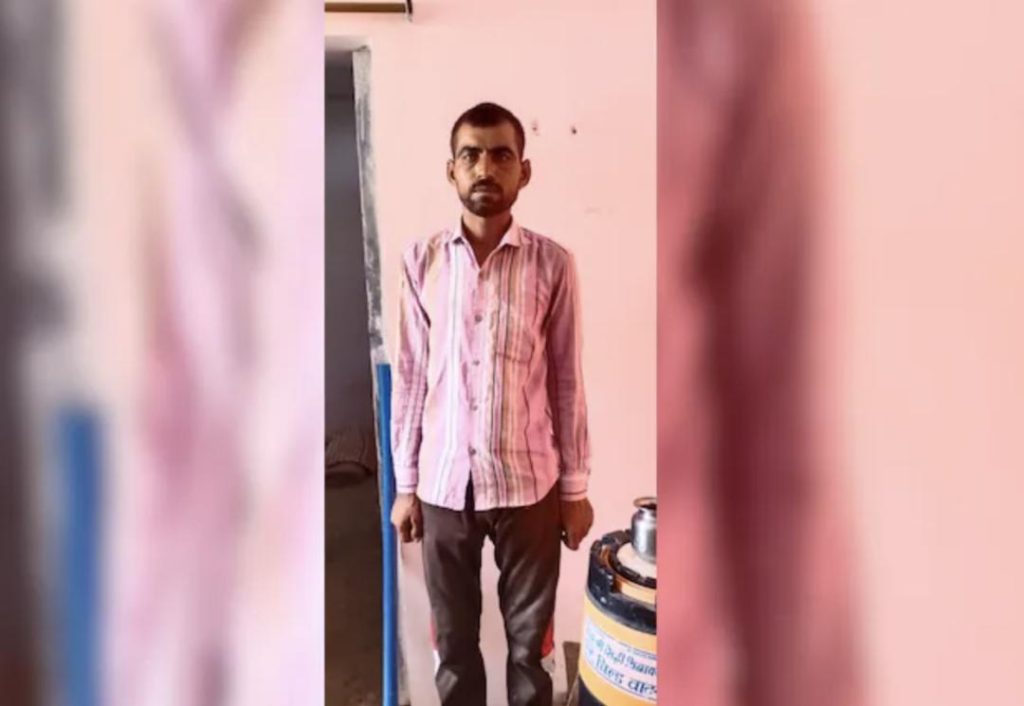
Serial Rapist Whose Death Penalty Was Cancelled Rapes & Kills 11-year-old in MP
In a shocking and disturbing revelation, a 40-year-old man who had spent 10 years in jail for raping a five-year-old in 2003 and had received death penalty for raping an eight-year-old in 2014, has allegedly committed a heinous crime once again. This time, he has been accused of raping and murdering an 11-year-old hearing- and speech-impaired girl in Madhya Pradesh.
The accused, identified as Ramesh, had managed to escape after committing the crime and went to the Kumbh Mela in Prayagraj, Uttar Pradesh. However, his freedom was short-lived as he was eventually caught by the police. The gruesome incident has sent shockwaves across the nation, and the people of Madhya Pradesh are demanding justice for the young victim.
According to the police, the 11-year-old girl was playing outside her house in Indore’s Mhow district when Ramesh, who was known to the family, lured her with the promise of buying her sweets. He took her to a nearby abandoned building and brutally raped her. After the heinous act, he strangled her to death. The body was found by the family members, who had been searching for the girl.
The police investigation revealed that Ramesh had a previous history of committing heinous crimes. In 2003, he was convicted of raping a five-year-old girl and spent 10 years in jail. In 2014, he was given the death penalty by a court for raping an eight-year-old girl. However, his death penalty was cancelled due to a technicality.
The cancellation of Ramesh’s death penalty has raised serious questions about the justice system in India. How could someone who had been convicted of such heinous crimes be let off with a mere sentence of imprisonment? The victims’ families and the people of India are demanding answers to these questions.
The incident has also highlighted the need for stricter laws and harsher punishments for those who commit such crimes. The Protection of Children from Sexual Offences (POCSO) Act, which was enacted in 2012, is meant to protect children from sexual abuse and exploitation. However, cases like this show that more needs to be done to ensure that the law is enforced effectively and that perpetrators are brought to justice.
The police have registered a case under the POCSO Act and have arrested Ramesh. He will now face trial and will be punished for his crimes. However, the family of the victim is demanding that he be given the death penalty, citing the gravity of the crime and the fact that he had previously been convicted of similar crimes.
The incident has also led to widespread outrage and condemnation on social media, with many people calling for justice for the victim and her family. The people of India are demanding that the government take concrete steps to ensure that such crimes do not happen again and that perpetrators are brought to justice.
In conclusion, the case of Ramesh, who had spent 10 years in jail for raping a five-year-old and had received death penalty for raping an eight-year-old, is a stark reminder of the need for stricter laws and harsher punishments for those who commit such crimes. The cancellation of his death penalty has raised serious questions about the justice system in India, and the people are demanding answers. Justice must be served for the victims and their families, and the government must take concrete steps to ensure that such crimes do not happen again.
